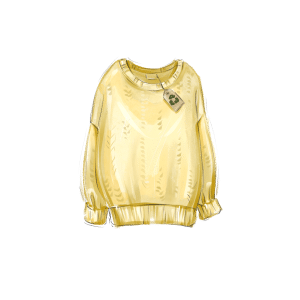
Over 300,000 tonnes of textiles still end up in landfills in the UK alone while nearly 20% of the world’s water waste is produced by the fashion industry.
The UK’s enhanced Environmental, Social, and Governance (ESG) regulations demand that fashion retailers and brands adopt more sustainable practices, emphasising transparency, environmental impact reduction, and social responsibility. These rules align with global efforts to mitigate climate change and promote sustainable development within the fashion industry.
Key ESG Milestones for UK Fashion:
April 2022: Announcement of enhanced ESG reporting requirements for larger businesses, focusing on comprehensive sustainability disclosures.
January 2023: Stricter waste management and recycling regulations for fashion retailers to meet new waste reduction targets.
July 2023: Mandatory carbon footprint disclosures for major UK companies, including fashion retailers, to bolster environmental transparency and accountability.
PLG is positioned to assist our partners in navigating complex ESG requirements. By leveraging our resale services, partners can not only comply with new mandates but also promote environmental sustainability and generate additional value for their business.
Here’s how…

Both PLG and RLVD offer platforms that extend the life cycle of fashion products. By facilitating the resale of items, they help fashion partners reduce waste and lower the environmental impact associated with producing new items.
Supply Chain Transparency: Through our resale services, PLG and RLVD promote supply chain transparency, allowing brands to demonstrate their commitment to sustainable practices. This transparency is crucial for ESG compliance, as it enables consumers and stakeholders to understand the lifecycle of products.
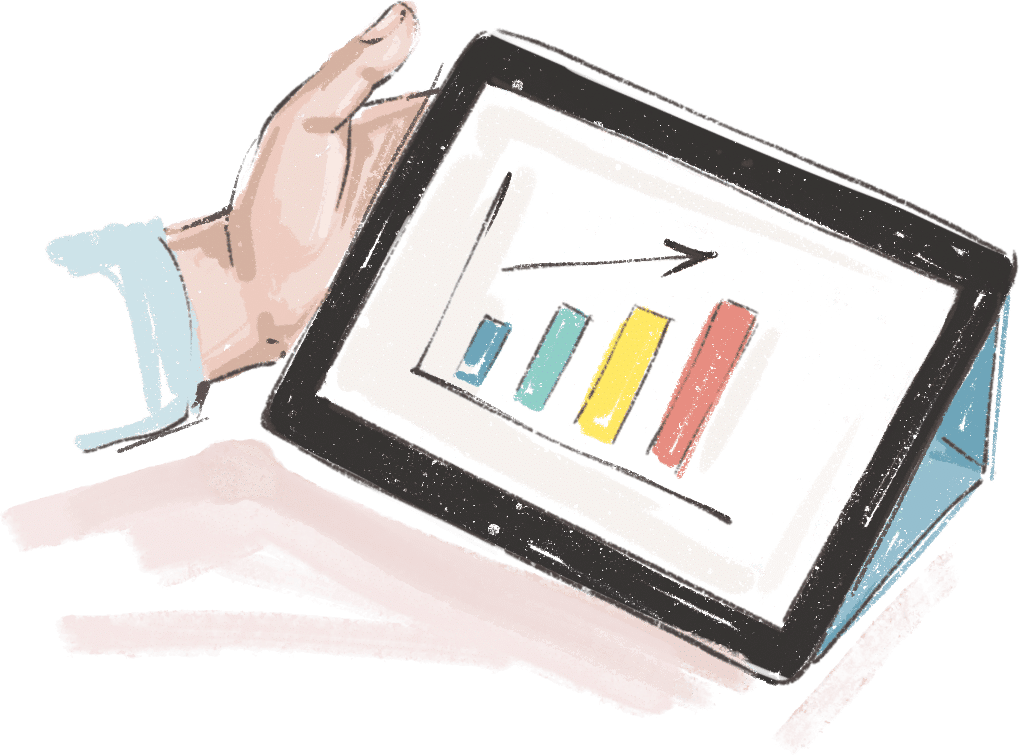
Beyond environmental benefits, PLG and RLVD assist fashion partners in capturing value from unsold inventory, turning potential waste into a source of revenue and enhancing brand reputation among eco-conscious consumers.

By reducing the need for new productions, PLG and RLVD’s services significantly cut down on carbon emissions and water usage, contributing to environmental preservation.
Recycling and Up-Cycling: PLG specialises in managing physical items at scale, offering solutions for recycling and up-cycling unsold, defective or second-hand inventory. This process minimises waste and supports circular fashion principles, aligning with ESG goals.
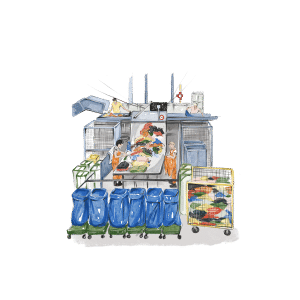
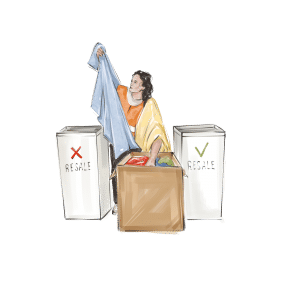
Products that are no longer suitable for resale through traditional channels undergo a meticulous sorting process at PLG, categorising them into various groups and classes based on material composition and colour.
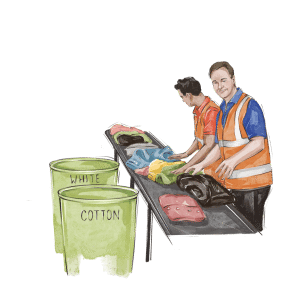
This includes classifications such as wool, cotton, poly-cotton, and distinct colour categories. This sorting is a critical step in the recycling and up-cycling process, ensuring that each item is directed towards the most appropriate recycling pathway. By segregating items into these specific groups, PLG maximises the recycling potential of each product, contributing to a more sustainable fashion ecosystem and supporting the circular economy principles.
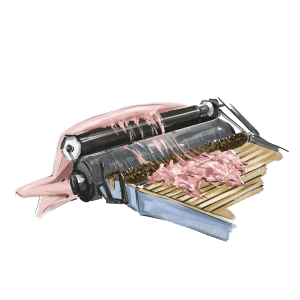
PLG employs a mechanical processing technique for transforming garments back into fibre form, known as the garment-to-fibre tearing process. This method involves physically breaking down textiles into their original fibrous state, while simultaneously removing trims, fastenings, and any non-textile components.
The process not only facilitates the recycling of fabric materials but also ensures the separation and appropriate disposal or recycling of non-fabric elements. This approach is integral to PLG’s commitment to sustainability and the circular economy, allowing for the repurposing of textile fibres into new products and significantly reducing waste and the environmental impact associated with the production of new textiles.
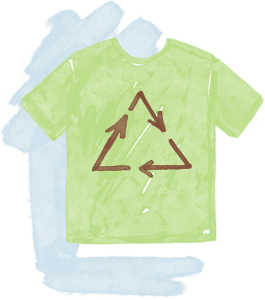
The final output of PLG’s garment-to-fibre process is fibre thread, which is then compressed into bales for various applications. These recycled fibres are versatile and can be woven back into yarn for new textiles. Beyond textile production, the recycled fibres find uses in several sustainable applications, including soundproofing materials, insulation, furniture and mattress padding, and thermo-reactive felts.
This approach not only diverts waste from landfills but also offers a partial alternative to virgin materials in these industries, highlighting PLG’s innovative contributions to both environmental sustainability and the broader economy.
Items of clothing recycled*
Pairs of shoes recycled*
Waste*